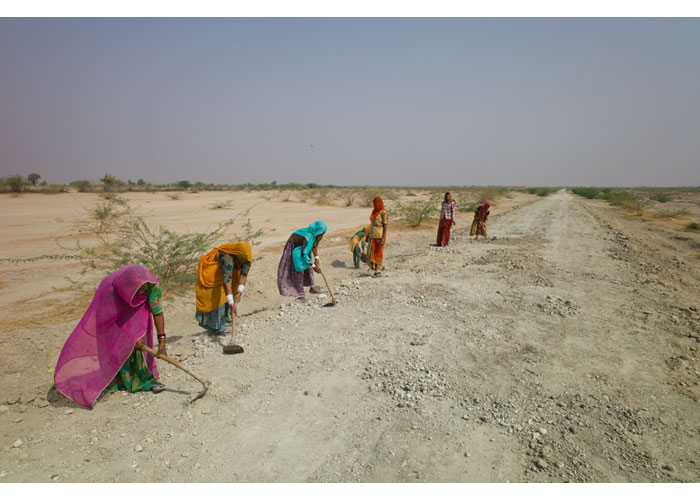Antarctic Melting Now a Challenge for US Climate Policy
In the aftermath of the startling announcement by climate scientists on May 11, 2014, that the West Antarctic ice sheet has begun collapsing, an authoritative new book on the impacts of global climate change by John J. Berger, PhD, Ecology, provides a broad new context for understanding the implications of climate change. The new Antarctic research, published jointly in Science and Geophysical Research Letters, points toward an eventual sea level rise of 4 to 12 feet. This would inundate major cities and coastal areas where more than 600 million people now live, with more moving to coastal areas every day as human population and energy use continue surging.
Berger’s book, “Climate Peril: The Intelligent Reader’s Guide to Understanding the Climate Crisis,” (Northbrae Books, 2014), not only describes the implications of rapid sea level rise and other climate-related changes but also provides a useful perspective on prominent tensions between President Obama’s current energy policy and the imperatives of the Administration’s newly released US National Climate Assessment. Berger says that “the Obama Administration, while advancing energy conservation and renewable energy, has gone full speed ahead with fossil fuel development as part of the President’s self-described ‘all of the above’ energy policy.”
Prominent scientists have lauded “Climate Peril” and the book begins with a foreword by Intergovernmental Climate Change lead author Ben Santer, PhD, Climatology, of the Lawrence Livermore National Laboratory and an introduction by Paul Ehrlich, PhD, and Anne Ehrlich of Stanford University.
“While the Obama Administration has taken pride in boosting domestic fossil fuel production,” Berger states, “the President has, at the same time, said more action is needed to reduce greenhouse gases, as outlined in his 2013 Climate Action Plan. More recently, he has tried to keep the spotlight on climate change through chats with TV meteorologists and by praising Walmart for its energy efficiency and renewable energy investments. It is not clear, however, how the Administration’s efforts to dramatically increase US fossil fuel production can be reconciled with the President’s statements on the urgency of protecting the climate. Maximizing oil and gas production is inconsistent with climate protection.
“While the President is on the one hand calling the Nation’s attention to the need for climate protection, the Administration has wholeheartedly supported the fossil fuel industry’s drilling agenda, whether on Federal land or in the Gulf of Mexico and Arctic. Meanwhile, the President requested only $2.7 billion in FY 2014 for renewable energy and energy efficiency through the Department of Energy’s Office of Energy Efficiency and Renewable Energy. That office is supposed to expedite the Nation’s transition to clean energy. Only $1.9 billion was actually appropriated by Congress. That’s not going to get us very far.
“Given the sudden new revelations about the destabilization of the Antarctic ice sheet, the incongruity of asserting that climate protection needs to be a top US priority while at the same time maximizing domestic oil and gas production is at best sending a mixed message to the American people and to the rest of the world about the seriousness of our commitment to reduce greenhouse gases. This ambivalence is reinforced by the fact that the President has not supported mandatory international greenhouse gas cuts and his domestic greenhouse gas reduction goals are minimal compared with the European Union’s.”
Berger’s full remarks on the National Climate Assessment and the Administration’s climate and energy policy can be found here. The synopsis of “Climate Peril,” Table of Contents, and a full reviewer kit are available here. The book is available in bookstores everywhere and on Amazon.
Berger is author and editor of 11 books on climate, energy and natural resources and has served as a consultant on energy and natural resources to government, scientific, academic and nonprofit organizations, including the US Congress and National Academy of Sciences.





























